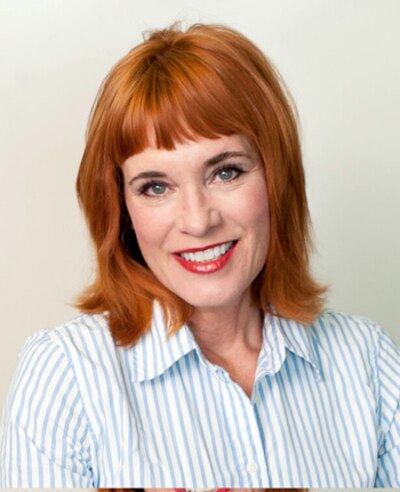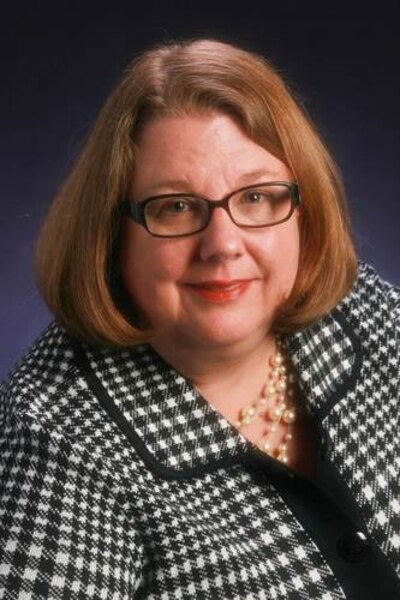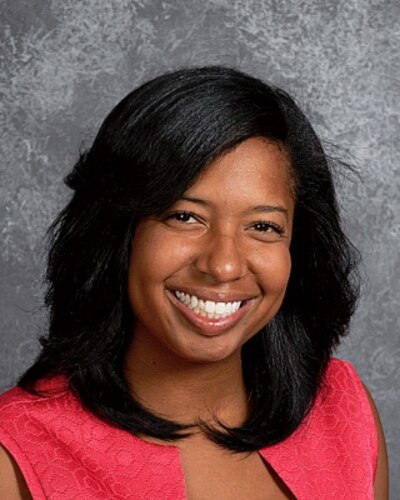This fall’s race to govern one of Indiana’s most challenging school districts is already heating up.
Three challengers advocating for more changes for schools have declared this month that they will run against incumbent Indianapolis Public School Board members. That means the Nov. 4 election for three school board seats could tilt the board even further toward reform ideas like greater autonomy for schools, more openness toward working with charter schools and new approaches to evaluating and paying teachers and principals.
Mary Ann Sullivan, a former Democratic state representative who routinely defied her party to support education reforms like charter schools and test-based teacher evaluation, officially announced her school board candidacy last week.

Meanwhile, former IPS board member Kelly Bentley — a Sullivan ally who also helped start the group Democrats for Education Reform — has filed paperwork to make her school board run official. A third, like-minded candidate is LaNier Echols, the dean of students at Indianapolis’ Carpe Diem charter school who formerly taught in IPS. She put up a website and said she also will run for the board.
Terms are up for three board members: Michael Brown, Samantha Adair-White and Annie Roof.
Brown is the longest serving board member and the last of a pre-2012 majority that once strongly backed former Superintendent Eugene White. That faction disintegrated in the 2012 election, which put reform-minded Sam Odle and Caitlin Hannon on the board along with Gayle Cosby. White was forced out soon after.
Adair-White and Roof, who is now the board president, were first elected in 2010 and were seen at the time as voices for change. They soon formed a voting block with Diane Arnold that sought to challenge White’s leadership. But the group has become less cohesive with White gone. Arnold is now strongly aligned with Hannon and Odle, supporting most of the changes they have championed. Roof is usually also a part of the majority on those votes.
But Adair-White has joined Brown at times in criticizing the majority. Cosby has also been more skeptical of some change proposals than some of her fellow board members expected, raising questions, for instance, about whether the district should partner with charter schools as Superintendent Lewis Ferebee has advocated for and voting against hiring an outside group to help design a new teacher pay system.
In November, Sullivan will face Roof for an at-large seat that will be voted on citywide. Roof announced her intention to run for re-election months ago. Bentley is running for Adair-White’s seat. Adair-White has not yet announced whether she plans to seek re-election.

Sullivan said she was inspired to run by what looks to her like momentum growing to make beneficial changes in IPS. She said in March she was considering a run for the board.
“There’s a lot of positive energy and involvement citywide around education as we recognize just how critical it is to everything we do as a city,” Sullivan said. “Maybe the moon and stars are finally aligned where we can get to the place where every kid has an opportunity to go to a great school.”
During her time in Indiana’s General Assembly from 2009 to 2012, Sullivan — a founding member of Democrats for Education Reform’s Indiana chapter — made a name for herself by supporting education bills that most Democrats opposed, such as those that overhauled teacher evaluation, limited collective bargaining, and expanded charter schools.
But Sullivan opposed expanding the state’s school voucher program, a key Republican education initiative. In 2012, she was defeated in a run for the state Senate by Republican incumbent Brent Waltz.
Sullivan’s priorities for IPS include empowering school leaders and teachers, holding them accountable, and fixing funding inequities within the district.
Roof, the board president, has three children in the district. She said she is proud of what the board has accomplished since she was elected, including hiring Ferebee and working to overhaul a bloated central office.
“I’m not a politician,” Roof said. “I’m a parent. A parent really knows what goes on day to day inside our schools. IPS really stood still for many years, and change started happening while I was on the board. I would like to finish what I believe I was a part of starting.”

Like Roof, Brown also has announced he is running for re-election. The longest serving board member said his goals are improving student academic performance, school safety and teacher compensation.
“I know where we’ve been and I know things we’ve tried,” Brown said. “I’m looking forward to trying new things and not repeating things we’ve erred on in the past. I have an intense love of children and want them to be successful.”
Brown, who has five children that graduated from Northwest High School, said he is criticized by pro-school reformers as being anti-choice.
“As a parent, I exercised choice,” Brown said. “I chose IPS.”
Echols, who works at a charter school but started teaching at IPS as a member of Teach for America, said Brown’s district needs to be represented by somebody new.
“I respect anyone who has served in that capacity,” Echols said of Brown. “I feel like at this stage we need to be innovative. I appreciate what he has done, but it’s time to pass the baton.”
Echols taught reading and social studies at John Marshall High School and Harshman Middle School. She said she understands that her experience in a charter school world might make her a divisive candidate for public school board.
“A lot of people are going to try to paint it as I’m pro-charter schools,” Echols said. “I am pro-student and whatever works for that student. Each child learns differently. I’ve seen the best and the worst of both worlds.”
Echols said the desire to help more students prompted her to run for office. Her priorities include supporting more school autonomy and expanding access to preschool.
“It meant so much to see my students walk across the graduation stage, but not all of them did,” Echols said. “I feel like I could have done something differently. Our children deserve a quality education. I feel like the school board is where it’s going to happen.”

